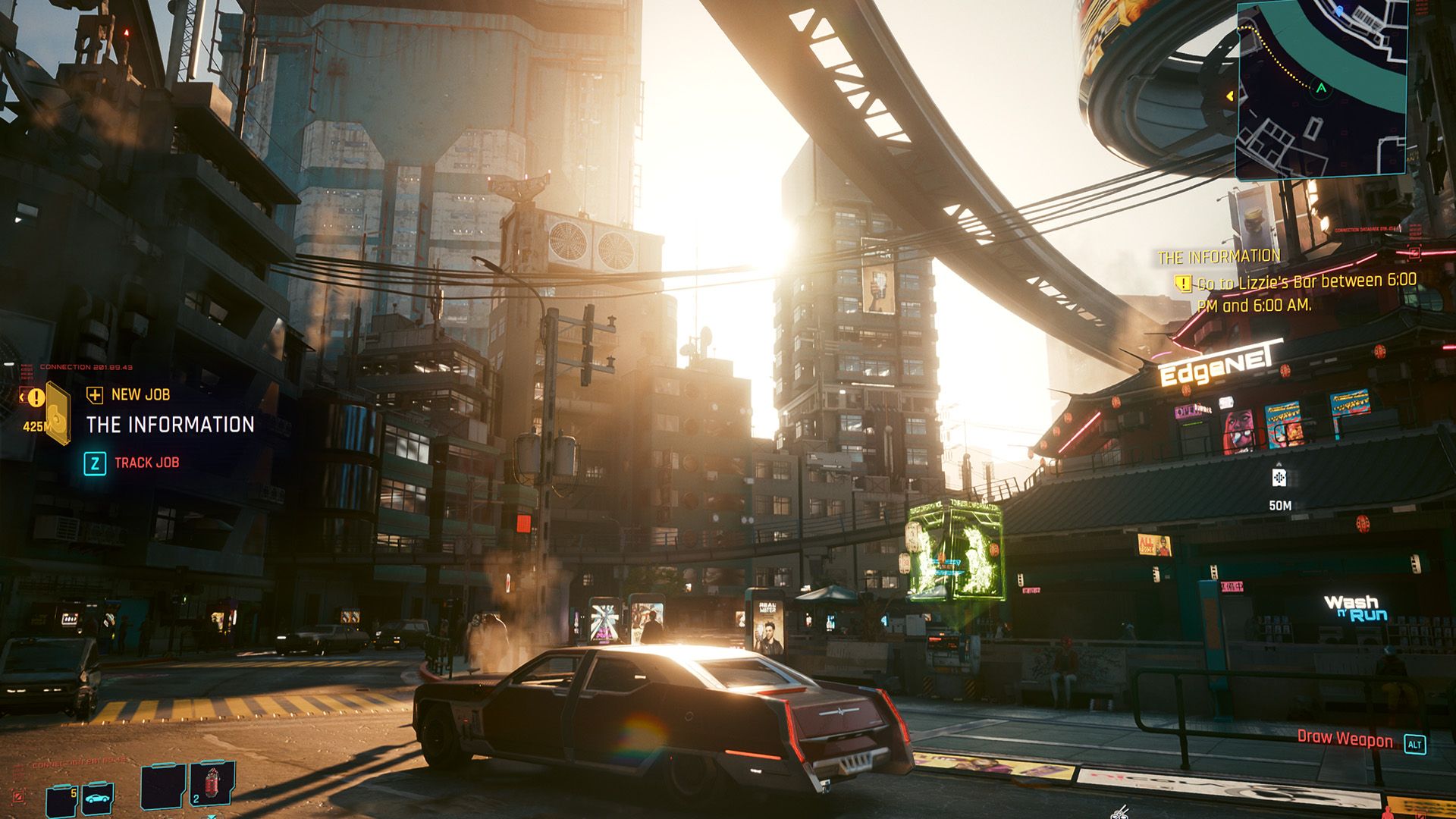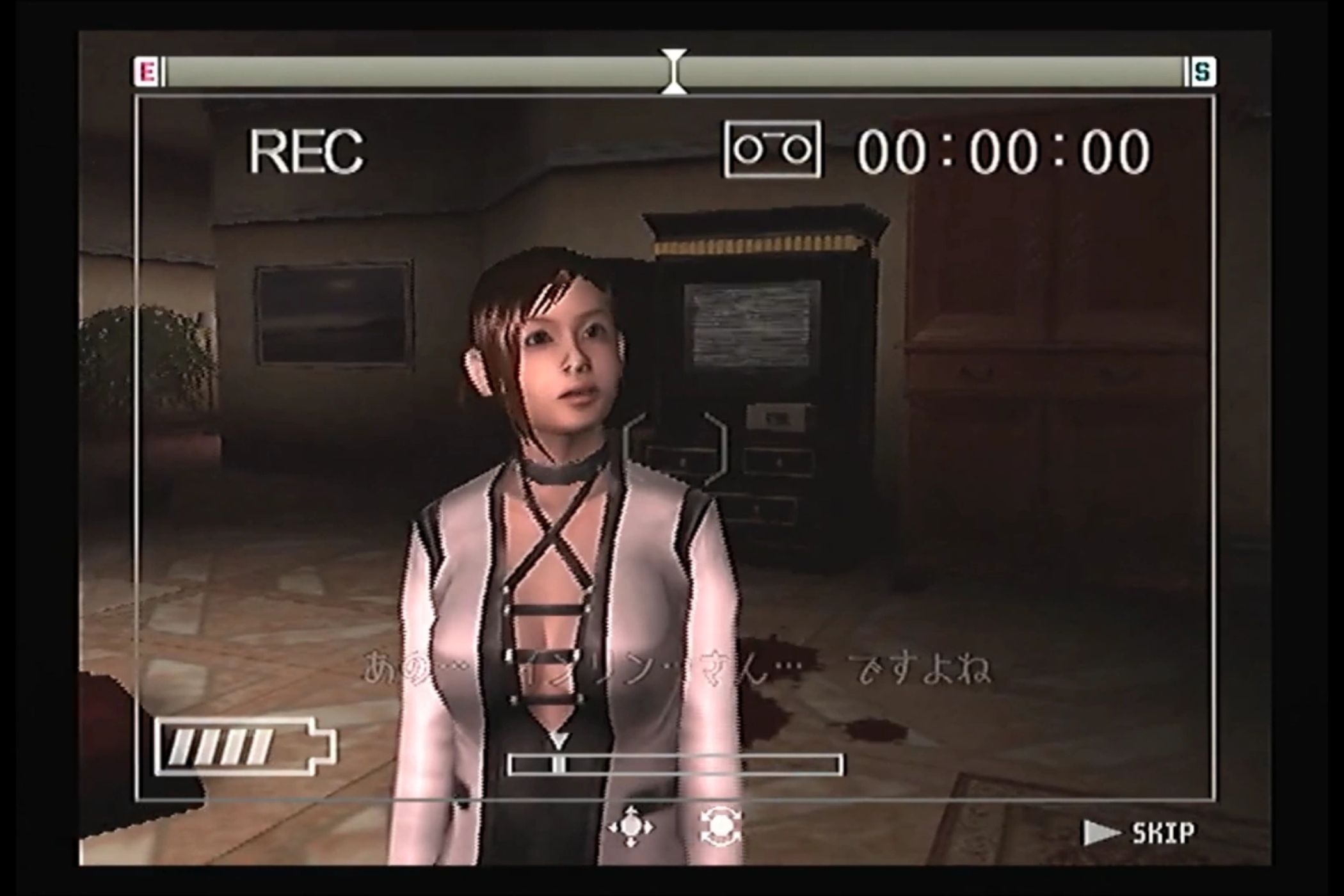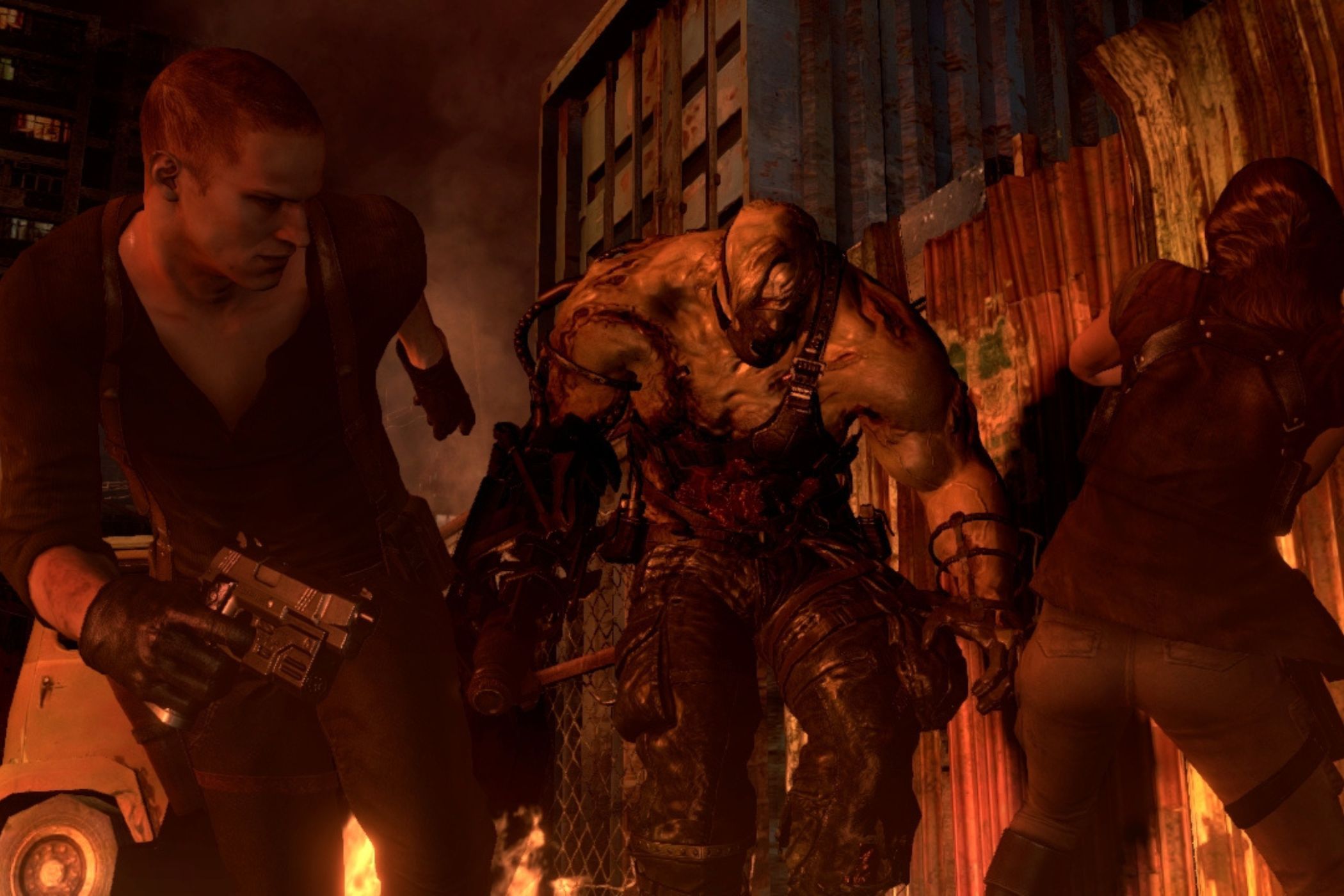Key Takeaways
- Low review scores don’t always mean bad games, they might just signal that a game has niche appeal.
- A lackluster launch isn’t always the end, titles like
Cyberpunk
and
No Man’s Sky
improved massively over time to become critically acclaimed classics. - Mid-range reviews can be a sign of novelty, as less popular games might offer unique deviations from the norm.
New games represent a big commitment in time and money, which is where game reviews can help. Though they can be a good metric for gauging popular opinions, they aren’t tailored to your own tastes. As such, I often find myself enjoying games that do not have universal praise.
It Depends On How Low the Scores Are
Generally, a game receiving almost universally low scores across every outlet is a good warning to steer clear. However, it also depends on how low they are and what the specific complaints might be.
Something with mid-range reviews, like a 50-60 on Metacritic or OpenCritic, is still likely to have some appeal as evidenced by the fact that some reviewers found something to like about it. Middling reviews might even prompt me to look into it more deeply than I would otherwise, out of curiosity about what it is that people liked about the game.
So many of my favorite games are far from critical darlings, and I have a history of being forgiving about a lot of negatives if the gameplay is engaging enough.
A Bad Launch Is Not Always a Death Knell
It’s a tale as old as time at this point: a highly anticipated game releases with technical errors, lacks content, and gets middling to bad reviews as a result. Oftentimes, this doesn’t mean the game itself is bad, but rather that it was released much too early, or simply didn’t deliver on what fans may have expected (whether that’s fair or not).
Nowadays, you’d be hard-pressed to find anyone who won’t admit that Cyberpunk 2077 is a top-notch open-world game or that No Man’s Sky doesn’t have a lot to offer. That’s because, despite struggling at launch, they were built with a solid foundation that simply needed more time in the oven, so to speak.
After their redemption arc is complete, even games with the rockiest of launches, like Assassin’s Creed Unity, can grow to become fan favorites in due time. This being so, I’m still likely to hold off on buying them at launch if I find that reviews are less than stellar and technical issues abound. But a rocky start is never going to be something that turns me away forever.
Mid-Range Reviews Can Be a Sign Of Novelty
Sometimes, mid-range review averages come not because a game is outright bad or boring, but simply because it doesn’t follow the usual conventions that the average gamer has come to expect.
A lot of cult classic indie games or even more obscure entries in long-standing franchises might take a direction that bucks the usual staples of modern games. This can sometimes lead to commercial failure, but it doesn’t necessarily mean the game has little to offer.
Quite the opposite is true in many cases. Games with a minimal amount of corporate interference that avoid sticking to a specific formula can thrive because of it.
Game designer Goichi Suda’s studio, Grasshopper Manufacture, comes to mind. The company is focused on making unique games, rather than prioritizing sales. Some of its games, like the survival horror Michigan: Report From Hell failed to make a major impact with critics and general audiences but still maintains a cult following due to their niche appeal.
In an industry dominated by live service games, AAA cinematic story-based experiences, and open-world RPGs, it can be a hard sell if you release a game that eschews these tropes entirely.
As someone is weary of the usual gaming trends, seeing a game with somewhat divisive scores can be strangely reassuring. It might mean that I’ve found something wholly original. What many cite as negatives can end up being exactly what I’m looking for, and I’m always eager to try something new.
Franchise Loyalty Is a Strong Motivator
It may not be the best practice as a consumer, but I will also admit to being more forgiving of reviews for games in a franchise that I’m already fond of.
Typically, there’s a specific reason I keep coming back to each subsequent game in a series. If I feel that a new entry delivers on that, I rarely care about review scores. Even if mainstream reviewers pan a game in an ongoing franchise, I’m more than likely still going to play it just to indulge my interest in the series.
I’m a devout defender of Resident Evil 6, which sits at a middling 67 on Metacritic, for many of the same reasons that a lot of critics panned it. While popular outlets criticized the story and the focus on action over horror, it was never enough to turn me away, as big of a franchise loyalist as I am, and I ended up having fun with it.
At the end of the day, recognizable titles and familiar characters are a surefire way to pique my interest, even if the end result doesn’t impress a lot of critics. I’m always curious to see what new directions my favorite franchises might take. Whether or not I end up not becoming a fan is just part of the adventure.
User Reviews Are Useful With a Grain Of Salt
While popular review outlets might give you a decent first impression of a game’s overall quality, they often fail to show you the bigger picture. User reviews from fans of all types tend to be more specific and can offer a more personal view of what playing a particular game is actually like.
Opinions from fellow fans are likely to be more blunt about the pros and cons of a game, as some of them might feel more invested in it than a professional reviewer. Some might be more willing to forgive certain aspects if a specific part stands out to them, while others might be harsher.
Games with troubled launches benefit from this the most. Following along and looking at more recent reviews from fans on Steam and other platforms show how the game has improved since its initial reception (or whether the game has simply been abandoned).
It is important to put these reviews into context since even user reviews are far from infallible. Some can be dishonest, malicious, or not at all constructive. Some are negative simply due to a hardware issue on the user’s end, or something specific to the player rather than a fault with the game itself.
As you grow up and have more financial responsibilities, understanding what you’re getting from a game is critical, but that doesn’t mean you should let reviews decide what’s fun for you.
Understanding the context behind potentially negative reviews and your own tastes to paint a larger picture can help make sure you don’t miss out on a possible diamond in the rough.






